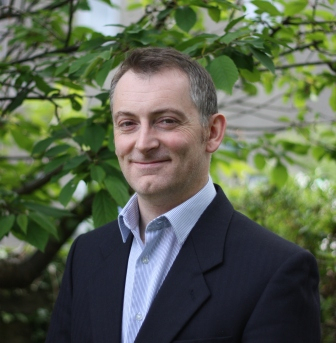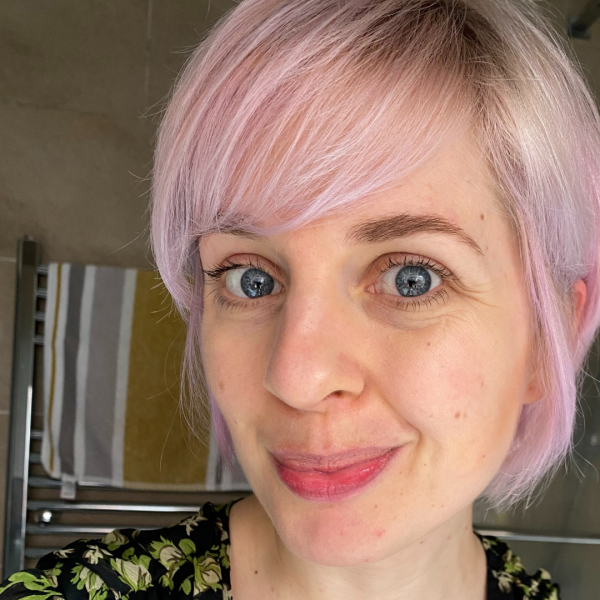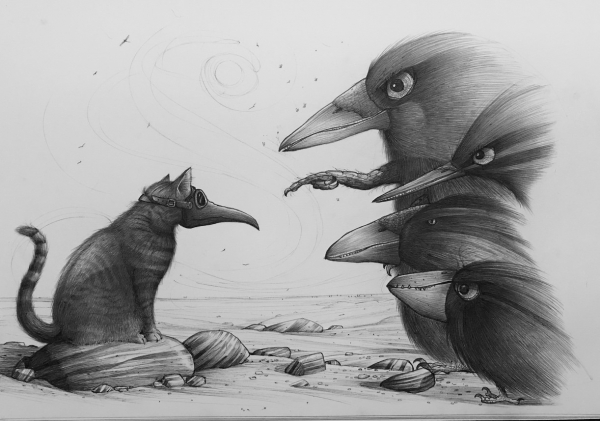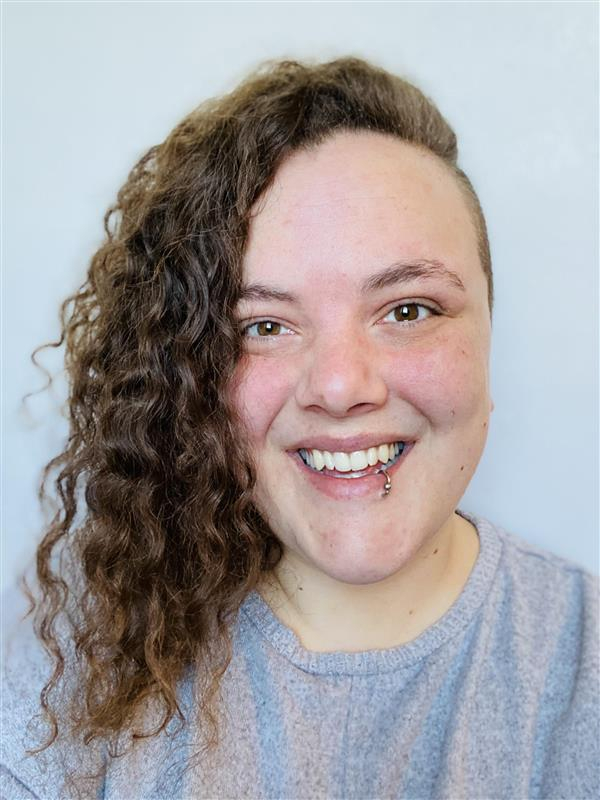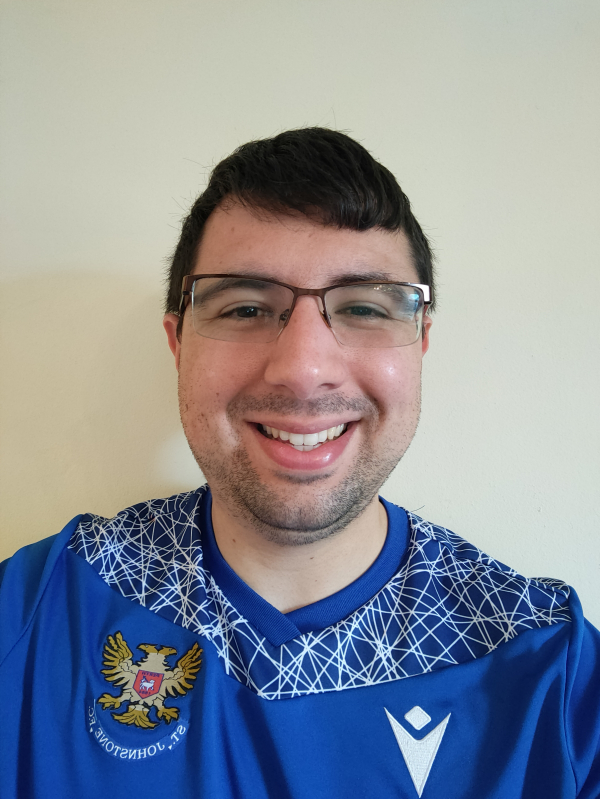Share Summer 2021
Welcome to Issue 13 of Share. I write in May 2021 as things start to open up again and we come out of lockdown for the second, or in some cases, third time. As we do so most of us working in public services or the third sector are determined that things cannot go back to how they were before the pandemic. Autistic people deserve better. Making that change can only happen by listening and responding to the experiences of autistic people. The articles in this issue document important aspects of autistic experience to recognise, and ways in which we can create forums and spaces for the expression of lived experience.
In recent years, research literature on autism has included an increased focus on ‘masking’ or ‘camouflaging’ – in which autistic people feel that they have to change their natural communication style, or embodied identity in order to ‘fit in’ in a non-autistic world. In her overview of autistic masking, Amy Pearson describes this phenomenon as a response to stigma, and sounds a timely note of caution that autistic diversity means that we should not assume that autistic people are masking if they do not fit stereotypes.
Creating inclusive spaces, where autistic people don’t feel they have to mask, and where diverse thinking and communication styles are not only accepted but embraced and valued should be an aspiration to all of us. The Flow Unlocked creative project is one such space, described here by Georgia Pavlopoulou, Briony Campbell and Jon Adams, a longtime friend to Scottish Autism who has shared his insights and creative work with us on many occasions. The project shows what can happen when knowledge about autistic experience is produced by and with autistic people, rather than about them.
Rachel Birch’s article on initiating an autistic employee forum at Scottish Autism outlines the benefits of such a forum not just for those colleagues who participate – in finding community, and a safe space to share experiences– but for the whole organisation as empowered forum members share their experiences and suggest ways in which the organisation might improve its inclusion practices for autistic staff.
The theme of finding positive experiences in an employment context is continued here in our conversation with Alex Dafalla, who shares what it has meant to him to have a job in his local community of Perth.
All of us need to think carefully about how we make our workplaces, research practices and community events more inclusive and empowering. Listening to autistic voices and responding to the lived experience that we hear articulated must always be our first step.

